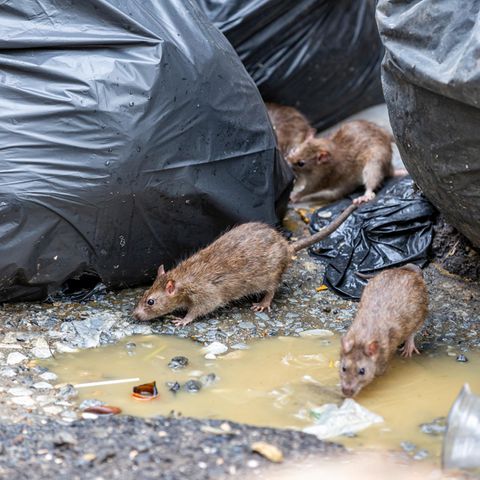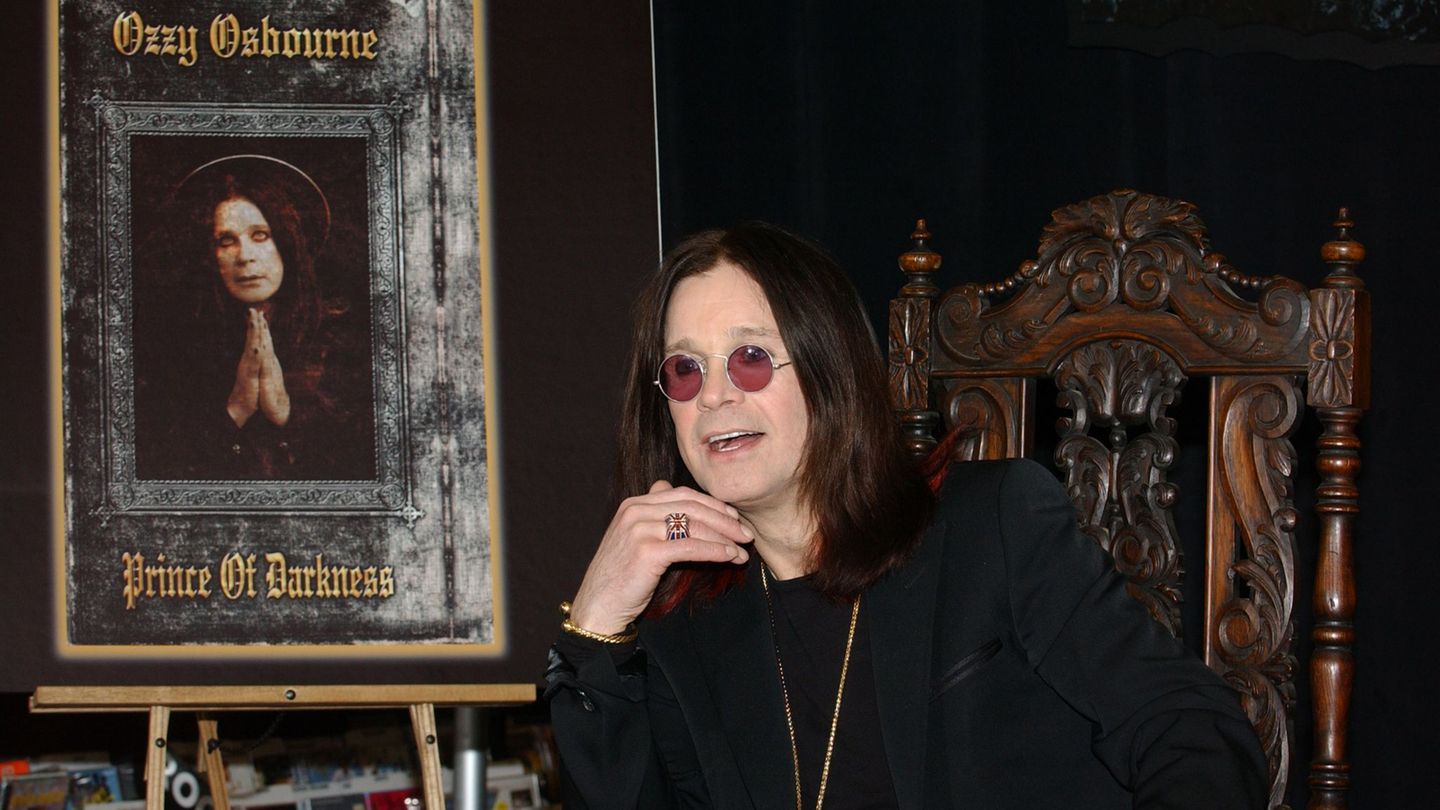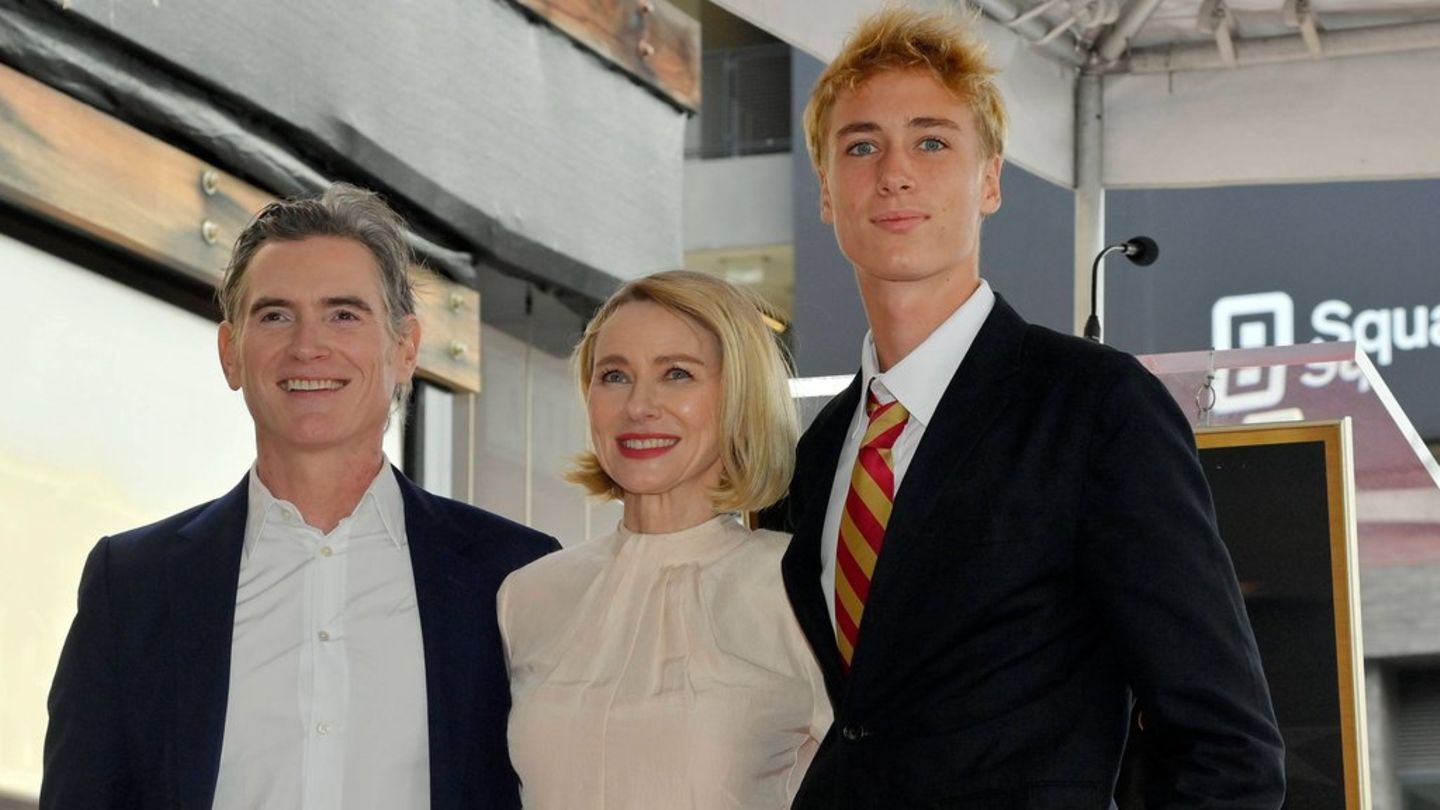I am Pierce Boyd, a driven and ambitious professional working in the news industry. I have been writing for 24 Hours Worlds for over five years, specializing in sports section coverage. During my tenure at the publication, I have built an impressive portfolio of articles that has earned me a reputation as an experienced journalist and content creator.
Menu
Sports policy: Russia question back on the football agenda
Categories
Most Read
World Cup qualification: Lucky Woltemade: Pat on the back for a shoulder goal
October 14, 2025
No Comments
National soccer team: Goalkeeping debate annoys Nagelsmann: “Not productive”
October 14, 2025
No Comments
National football team: points before aesthetics: situation in World Cup qualification completely turned around
October 14, 2025
No Comments
The City Police arrested 49 trapitos and captured a fugitive during the operation in the River–Sarmiento
October 14, 2025
No Comments
Manuel Neuer: Julian Nagelsmann criticizes the goalkeeping debate
October 14, 2025
No Comments
Latest Posts

Rat races across the pitch during the World Cup qualifying game between Wales and Belgium
October 14, 2025
No Comments
Wales against Belgium Rat disrupts World Cup qualifying game – and is escorted off the pitch A rat runs across the pitch during the World

Literature: Ozzy, Death and the Devil – Osbourne’s last book
October 14, 2025
No Comments
Lisa HarrisI am an author and journalist who has worked in the entertainment industry for over a decade. I currently work as a news editor

Naomi Watts: Film star celebrates Hollywood star with son
October 14, 2025
No Comments
Lisa HarrisI am an author and journalist who has worked in the entertainment industry for over a decade. I currently work as a news editor
24 Hours Worlds is a comprehensive source of instant world current affairs, offering up-to-the-minute coverage of breaking news and events from around the globe. With a team of experienced journalists and experts on hand 24/7.

